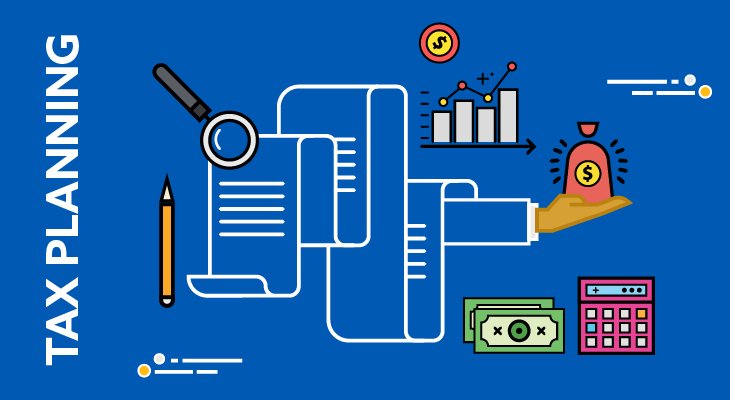
Small business owners can implement a number of techniques to improve their tax situation. According to a recent data study, 97% of all enterprises in Canada are classified as small businesses. Despite a large number of small businesses in Canada, small business owners struggle to develop good tax-saving strategies. It’s time to utilize tax-saving strategies to optimize your financial well-being.
Tax planning is the process of analyzing different tax options in order to figure out how you can conduct business and personal transactions to minimize tax liabilities. Most businesses don’t pay due attention to tax planning or don’t even think about various tax-related matters. The ideal approach is to consult a financial advisor and have them review your income and expenses so that you can take full advantage of the deductions, credits, provisions and other technical aspects that are legally available.
Tax planning strategies
Small business owners can utilize a number of tax planning strategies to save money. Some methods deal with the owner’s individual tax situation and some with the business itself. No matter how simple or complex a tax strategy is, the prime objectives are to:
- Reduce the amount of taxable income
- Claim available tax credits
- Avoid common tax planning mistakes
- Lower your tax rate
- Control the time when tax must be paid
To plan strategically, estimate your business and personal income for the coming few years. This is very important because some strategies will save at one income level, but will generate a larger tax bill at other income levels. Once you make an estimate of your income in the future, you can estimate your tax bracket.
Select the right dividend/salary mix
Small business owners are entitled to withdraw money from their corporation as either salary or dividends. Both have advantages and disadvantages. Considering your unique financial situation, you have to determine what mix will optimize your earnings. For instance, you may like to pay yourself with enough salary to max out your RRSP. At the same time, you can get your pay as a dividend to get the benefit of a lower tax rate.
Management expenses
As a business owner, you can deduct business taxes, fees for trade, annual license fees, membership dues, etc. Your business management expenses could include online marketing fees, mail and delivery costs, bank charges for payment processing, and business card orders. The fees paid for consulting services such as seeking legal advice are also eligible for tax deductions.
Income splitting
The higher the income is, the higher the tax rate. The salary you pay out to your employees is counted as a business deduction. Income splitting can reduce the overall personal tax bill and save you money. It is advisable to treat family members salary if they were an arms-length employee. Evaluate the organizational structure of your family business, especially when the new small business tax changes come into effect.
There are a number of other tax-saving strategies which small businesses can use to save thousands of dollars. Consult a tax planning expert to get professional advice depending on your unique financial situation.
About Kewcorp Financial
Kewcorp Financial helps devise strategic and legal tax-saving strategies for businesses in Edmonton and across Canada. If you are running a business and need to implement smart tax-saving strategies, give us a quick call to schedule a consultation!

